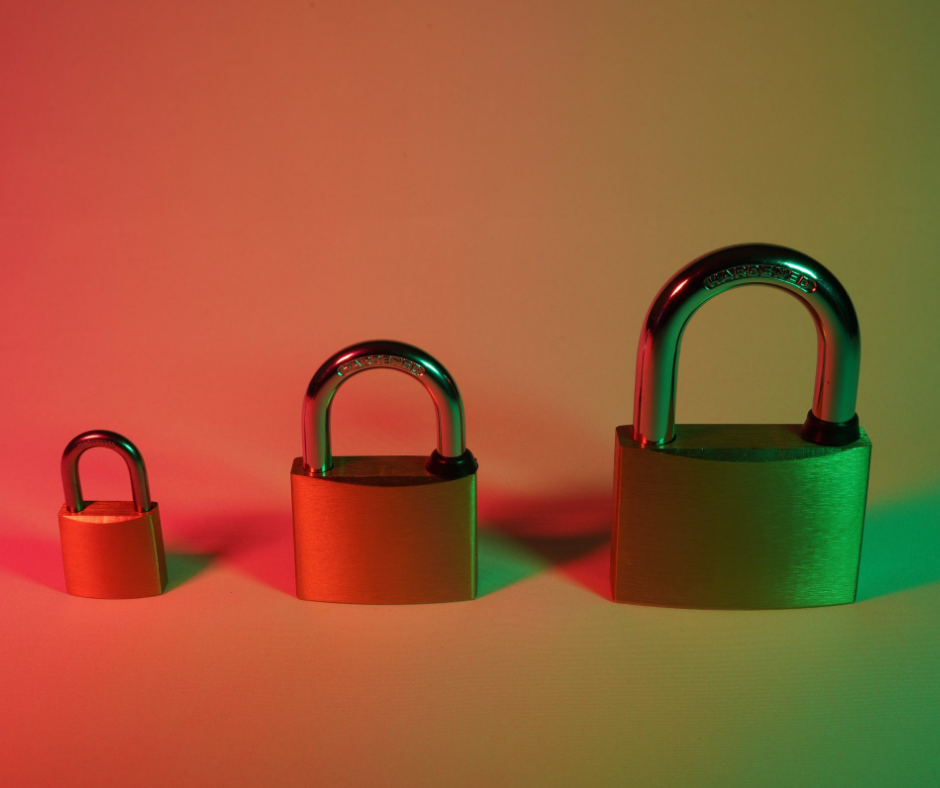 Well folks, that time has come again: The biggest shopping days of the year are just around the corner. No doubt that even as you read this, you’re strategically planning your routes and timelines to reach every store to get all the best deals for during Black Friday (or maybe you’re going with our preferred method and planning exactly what leftovers to eat while shopping online on Cyber Monday – after business hours, of course).
Well folks, that time has come again: The biggest shopping days of the year are just around the corner. No doubt that even as you read this, you’re strategically planning your routes and timelines to reach every store to get all the best deals for during Black Friday (or maybe you’re going with our preferred method and planning exactly what leftovers to eat while shopping online on Cyber Monday – after business hours, of course).
As exciting as all of this consumerism is let’s remember there are people trying to make off with your hard-earned money and will use the excitement of the holiday season, when your guard is down and your spending is up, as cover. So here are a few helpful tips to keep in mind as you prepare to shop ‘til you drop:
Wifi
Wifi has become such common convenience that we’ve come to expect to use in our daily lives – even when out shopping. But do you really know who is running the wireless network named “Starbucks Wifi” you connected to before pulling up Amazon.com or making a banking transfer while you stopped for coffee during your shopping marathon?
It’s pretty easy for less than honest folks to set up a wireless network that looks legitimate and set up camp in a coffee shop or a crowded mall. Logging into your account while connected to one of these networks will send your username and password right to their laptop.
How do you combat it? Steer completely clear of unsecured public wireless networks. You just never know who might be watching the traffic that goes across them. If you must do something online, the safest bet is to wait until you get home or use your data to browse. A ding from the cell phone company for going over your data limit is better than having your accounts cleaned out by the hacker because you just had to check Facebook on the free wireless.
We all know that the closer Black Friday and Cyber Monday get, the more ads and promo emails you get from retailers advertising the enormous discounts and specials that are happening. Promises of coupons or mail-in rebates will flood your inbox and junk folders from now until New Year’s.
These deals are enticing, but let’s make sure to check a few things off of our security checklist before getting click-happy and ending up with an infected computer or an empty bank account - or both. There are always a few giveaways to the emails that are real and the ones that are bogus attempts to steal your data:
Poor spelling and grammar is a tell-tale sign of emails from spammers, hackers and phishers. The email from “Macie’s” instead of “Macys” and “Azamon” rather than “Amazon” that look like they were written by a first grader are not the ones you want to click on.
These are phishing scams hoping that you won’t be paying enough attention to notice that the email didn’t come from Amazon.com in hopes of stealing your login to go on their own shopping spree, at your expense. This doesn’t, however, mean that a perfectly spelled email is going to be safe.
Another point to remember is the old adage, “If it sounds too good to be true, it probably is.” The email promising $600 off of a TV that costs $800 is begging to be opened but think before you click. Do not, under any circumstances, submit your confidential information to a web page that you opened from an email. This is an all too common mistake that hackers love to exploit to gain personal information.
If you have a question regarding an email that was sent to you from a company call and verify its authenticity. Isn’t a 45-minute phone call to find out an email is or is not real, better than spending hours on the phone with the credit card companies trying to figure out how you just bought a TV, a crock pot, a sectional sofa and a new suit in 3 different states when you haven’t left the house?
Constant Vigilance
The best thing you can do for yourself is to be vigilant and err on the side of caution – this applies on and off line.
Don’t keep your credit card in your hand while waiting in line. The person behind you who appears to be talking on the cell phone may just be waiting for the right time and angle to snap a picture of your card and go home to buy themselves a present or twelve with your money.
Keep an eye on your bank account during this time of year. Make sure that you know that the purchases that show up on your accounts are ones that you actually made. Small charges that you didn’t make are telltale signs of someone who has compromised your card number and is testing it to make sure that it works before really running up the balance.
Enjoy yourselves out shopping and busting doors – just be cautious about it.




